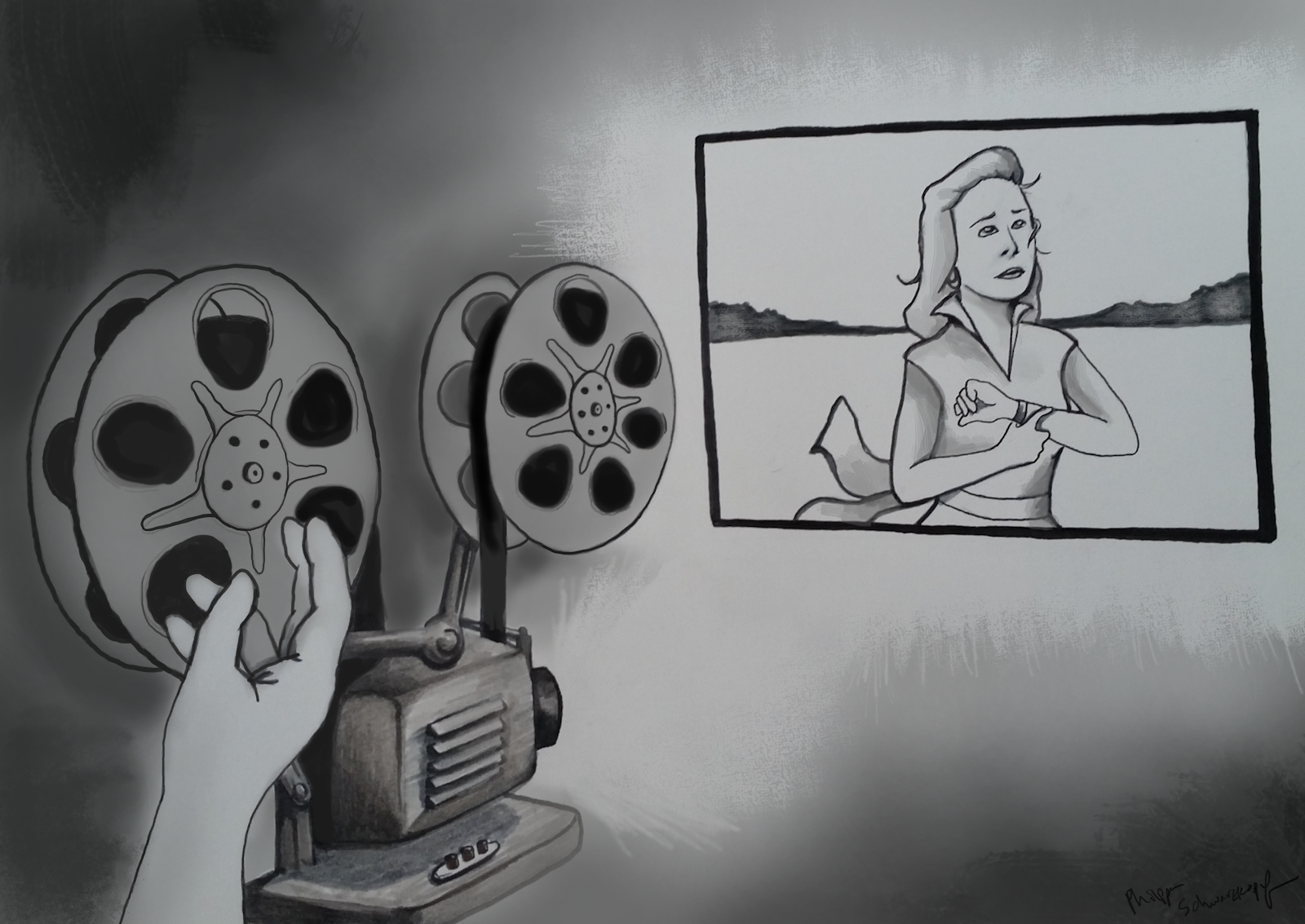
In classical Egyptian cinema, the most prominent political theme is the Revolution of 1952, which converted Egypt from kingdom to republic. The Revolution, conducted by a unit of soldiers in the Egyptian army, aspired to eradicate social inequality mainly by redistributing property and making education more accessible to lower economic classes. Establishing these goals as a national necessity, the Revolution inspired the anticipation of a better future among the Egyptian people.
Egyptian film did not feature a representation of the countryside before director Youssef Chahine’s
Son of the Nile
(1951). Chahine adapted to the challenges of shooting in the countryside to capture a genuine sense of the environment in his film. He had a political motive as well. The peasants, whose labor provided basic crops such as wheat for food production, were usually shown in a derogatory way in films. In an interview in
Cahier du Cinema
, Chahine wonders how one could disdain someone who worked to provide nutrition. Although peasants comprised most of the Egyptian population at the time, they suffered from poor work and social conditions. Incidentally, one of the goals of the Revolution of 1952 — one year after the film was produced — was to improve peasants’ living conditions.
Son of the Nile
features the countryside before it was touched by the influence of the Revolution.
While the people worked to achieve the Revolution’s socio-political goals, a sentiment of national cooperation prevailed.
My Wife is the Boss
(1966), directed by Fateen Abdel-Wahab, emphasizes the importance of women’s employment as a form of cooperation between men and women in society. The film accentuates work as one of the national values after 1952. However, Abdel-Wahab takes the film further to emphasize that a working woman has a twofold responsibility: at home and at work. In one scene, the female protagonist puts on the glasses she normally wears at work while doing a home task right before heading out to work. Her home responsibilities are considered a type of “work,” which implies that women have always been doing an essential job prior to the time that employment became a national necessity.
The national spirit geared toward creating a better future was shaken by Egypt’s defeat in the War of 1967. The War was unforeseen by the Egyptian people, and involved mass casualties. Chahine describes the defeat as an event that changed his own personal view of his country’s potential — it made him doubt the significance of the political changes and efforts toward a better future. During my research on musical genre, I interviewed film critics who explained that one of the reasons the musical genre ceased to be produced after 1967 is that the general mood no longer accommodated the “light” nature of these films. In 1969, only two years after the catastrophic war, Al-Sheikh’s
Well of Deprivation
indirectly represents the influence of the defeat as a fracture of personal identity. In the film, the binary psychology of a young woman who suffers from schizophrenia serves as a tool to represent the incongruity between the national pride and national defeat that were part of Egyptian identity in the wake of the War. Although Al-Sheikh does not allude to the War or to Egyptian politics in his film, he echoes the dominant sentiment of uncertainty in 1967 Egypt. He was one of the earliest directors to record a psychological influence of the War.
While the Revolution of 1952 created promising socio-political modifications, the attachment to the cultural atmosphere of the Egyptian Kingdom remained.
Give My Heart Back
(1957), which depicts the Revolution as a necessary political change involves the ending of a romance between a princess and a military soldier. The destruction of this romance symbolizes the loss of the aura of royal Egypt. Culture thrived, including cinema, in the royal age, despite political corruption and social inequality. However, the protagonists of the Revolution refused to glorify the past and preferred to focus on channeling national energy toward building a promising future. Thus, there was a need to divorce the past — the history of royal Egypt — and start anew. The phrase “give my heart back” implies a want of self-restoration and control. This evokes the new government’s goal to maintain control over the present by subsiding popular attachment to the cultural atmosphere in the royal era.
The films produced in the aftermath of the Revolution of 1952 document the political and social atmosphere at the time — making them a cultural and historical teaching tool. The national spirit, as represented through cinema, was an essential component to the functioning of the political system. Implanted in this national spirit, the filmmakers translated into visual language their understanding of the situations — or the history they witnessed and were directly influenced by.

















